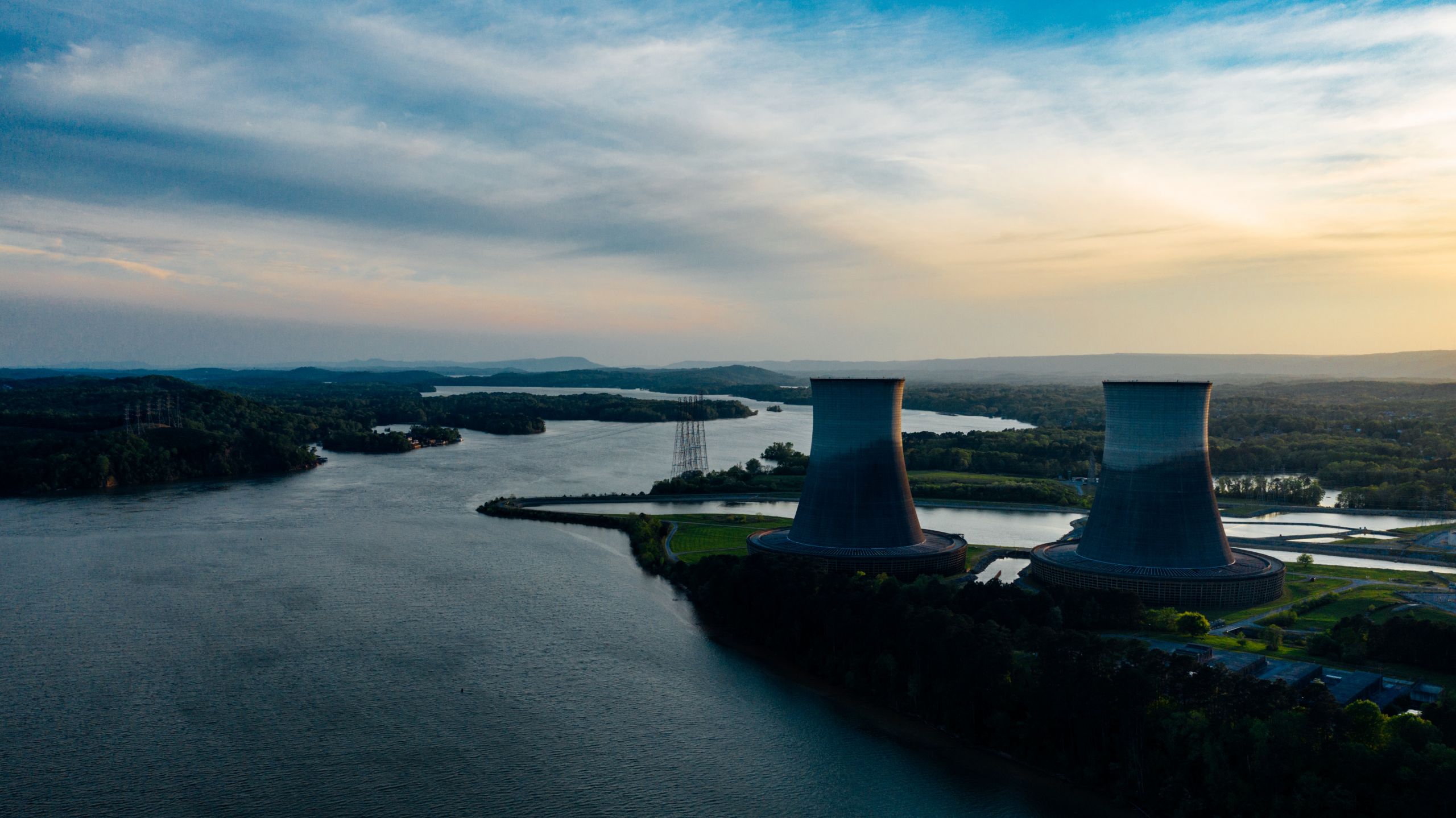Assessing the capability of severe accident codes when modelling reactor and spent fuel pool accident scenarios
The overall objective of the MUSA project is to assess the capability of severe accident codes when modelling reactor and spent fuel pool accident scenarios of GEN II, GEN III and GEN III+ reactor designs. To do so, uncertainty quantification methodologies are to be employed, with an emphasis on the effect of both existing and innovative severe accident management measures on the accident progression, particularly those measures related to the source term mitigation. Therefore, source term-related figures of merit are to be used in the uncertainty quantification application.
Consequently, the MUSA project will contribute to the determination of the state-of-the-art prediction capability of severe accidents codes regarding the source term that potentially may be released to the external environment in a severe accident, and to the quantification of the associated code’s uncertainties applied to severe accident sequences in both nuclear power plants and spent fuel pools.

The achievement of the overall objective is assured by a consistent and coherent work programme reflected in the technical Work Packages defined as follows:
- Identification and Quantification of Uncertainty Sources
- Review of Uncertainty Methodologies
- Application of Uncertainty Quantification Methods against Integral Experiments
- Uncertainty Quantification in Analysis & Management of Reactor Accidents
- Innovative Management of Spent Fuel Pool Accidents
Key outcomes and milestones of the project
Furthermore, the envisaged outcome of the MUSA project will be monitored and measured continuously along the project evolution through specific deliverables and milestones, which are stated hereafter:
- Identification of key severe accident processes/phenomena affecting the source term and quantification of their associated uncertainties;
- Identification and quantification of key parameters of severe accident management measures implemented in the severe accident affecting the source term, and their associated uncertainties;
- Evaluation of applicable methods of Uncertainty and Sensitivity Analyses (UaSA) to the severe accident field and definition of best uncertainty quantification application practices in severe accident analyses;
- Trial of UaSA methodologies against simplified but representative experimental scenarios with heavy emphasis on source term;
- Application of UaSA methodologies to risk-dominant reactor and spent fuel pool severe accident sequences;
- Recommendations for an effective reduction of remaining code uncertainties associated with the source term and their impact on severe accident management measures;
- Recommendations for improvement and/or new innovative severe accident management measures for both reactor and spent fuel pool scenarios.
A forerunner project in the severe accidents analyses domain
It is worth mentioning that a systematic approach to quantifying the uncertainty of severe accident codes applied to different reactor designs has never been undertaken before. The MUSA project combines the efforts of a large European community with strategic partnerships with non-European institutions (Canada, USA, Japan, China, and South Korea). Furthermore, the uncertainties associated with severe accident management measures will, for the first time, be considered when analysing severe accident sequences of reactor systems and spent fuel pools. In the past, almost no attention was paid to the assessment of spent fuel pool severe accident scenarios and to the development of corresponding mitigation severe accident management measures.
Finally, a main outcome of the MUSA project will be the estimation of radiological source term of risk-dominant sequences for different reactor types with the associated uncertainty bands.

